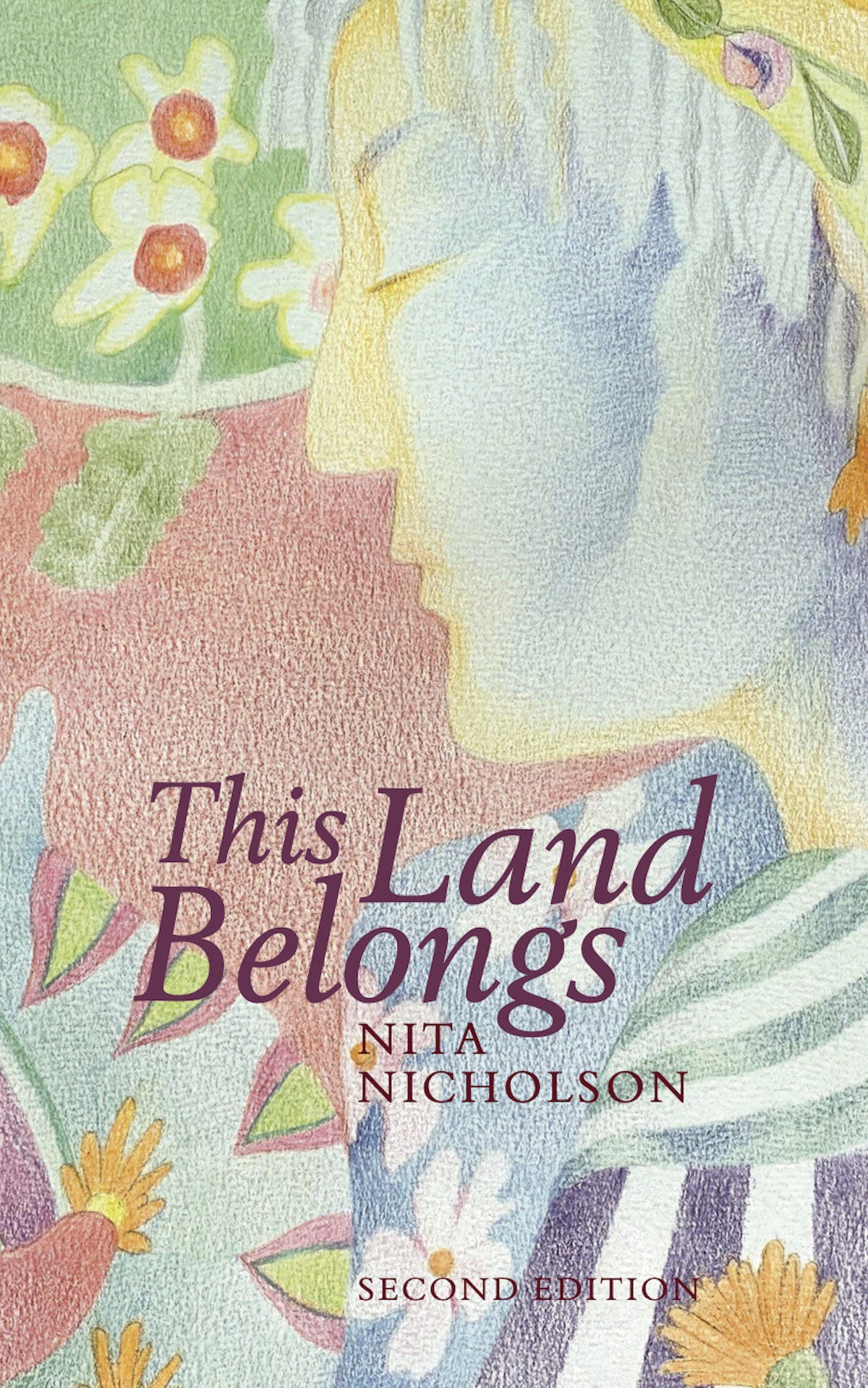This Land Belongs

This is a Libyan saga set in Derna, Cyrenaica, eastern Libya.
“A stunning work of historical fiction and cinematic landscape.”
It is 1911 and the Ottoman Empire is failing. As one empire fades, another begins.
The story opens in the orchard town of Derna in eastern Libya, where a history teacher, Mr’aja, nervously surveys the Mediterranean from his window, aware that Italy and Turkey are about to declare war.
His family is caught up in the traumas of four consecutive conflicts over a period of 34 years that are not of his people’s making. There are natural sympathies for the Bedouin Senussi resistance to the new colonial occupation, and many dilemmas of allegiance to wrestle with, both in Libya and in Italy.
A story of love in its many guises, and its resilience and triumph over hate, pertinent to our present troubled times, This Land Belongs is Nita Nicholson’s second historical fiction novel, illuminated by moving descriptions of landscape and friendship.
Download Kindle App to read on ANY DEVICE — Click here.
All proceeds from sales (less publishing costs) are donated to Médecins Sans Frontières (UK) (Doctors Without Boarders) supporting flood victims in Derna, Libya.
This Land Belongs’ took me to a colonised Libya. I felt as if I was there with Libyan people and their hopes, fears and love for each other. I was immersed in a landscape of north African sounds and sensations. The story took me to mountains, deserts, streets and courtyards and I was gripped as the lives of people I felt I had come to know were changed forever by a cruel occupation.
Joanna Bornat
Why I wrote this book | Preface to Second Edition
READ CHAPTER EXTRACTS Across the lake | Into the Hinterland
As soon as I saw (the book), I became motivated to read it by the immediate visual impact of the information on the cover. I really loved reading your book. I found it so vivid and enthralling. I felt as though I was there, in the story, and the characters and events were so real and believable. I didn’t want to rush through it because it was difficult to put down. With books that I really love, I always feel bereft when I have finished reading them.
Tessa Livesey
I have to tell you how much I’m enjoying reading This Land Belongs. By Chapter 27, I had become so familiar with the characters and storyline that I was fully engrossed. It is a masterpiece of imagination, language and research of the history of the country that is Libya.
Trish Ainsworthi
This Land Belongs is Nita’s second historical fiction novel. Her debut novel is Chameleon in My Garden, set in Libya’s 1970s, the early years of the Gaddafi regime.



Pingback: Why I had to write This Land Belongs | Nita Nicholson